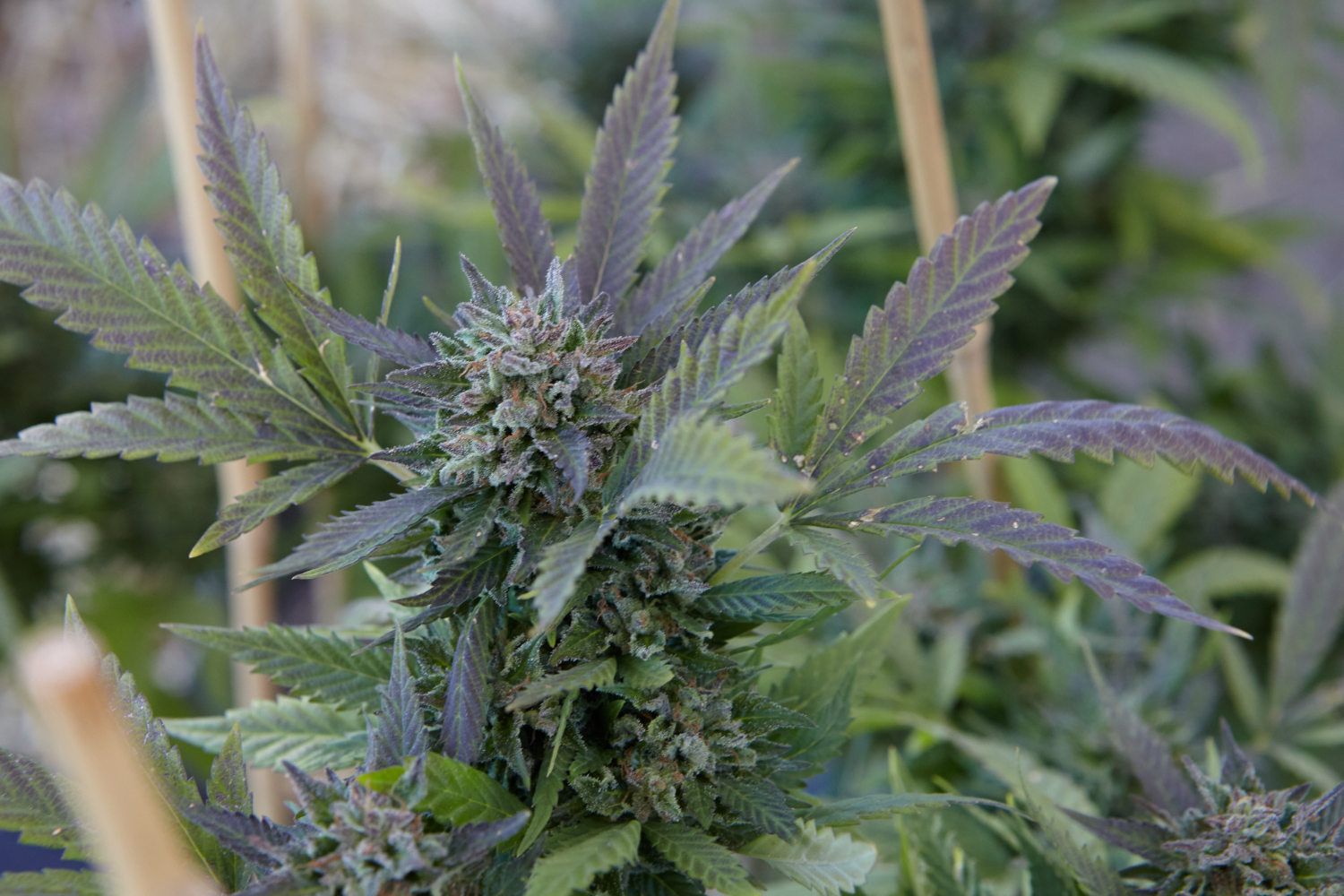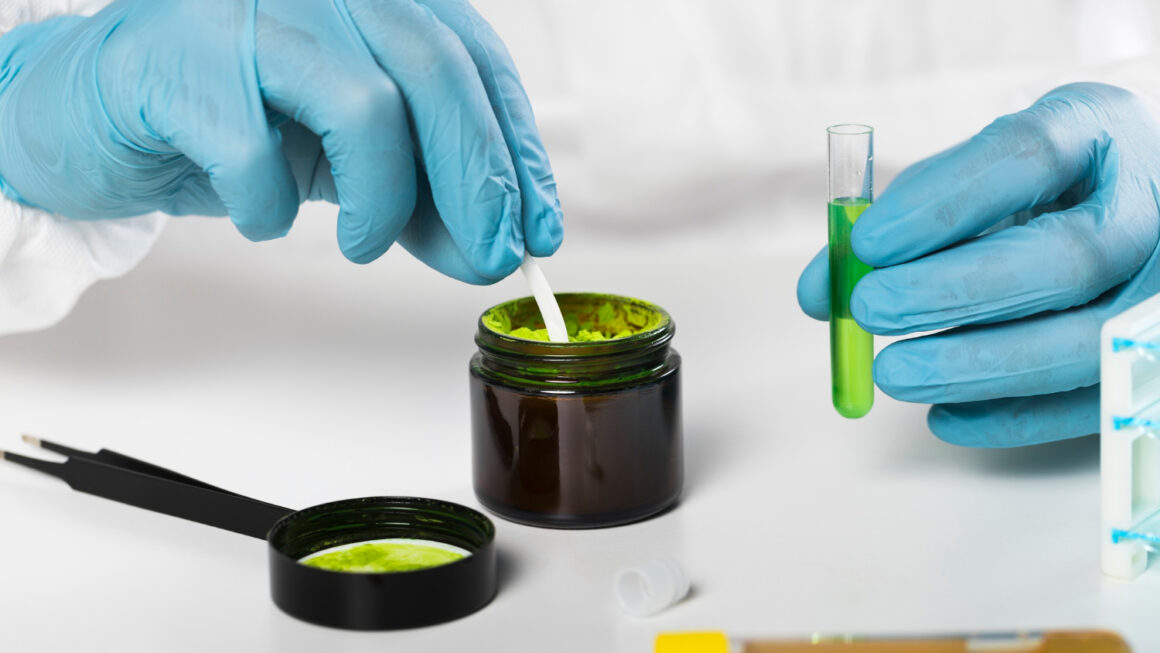Delta-10 and Delta-8 are two new and increasingly popular compounds in the cannabis industry. These two cannabinoids are referred to as “minor cannabinoids” because they are present in cannabis plants in much lower concentrations than their more well-known cousin, Delta-9 tetrahydrocannabinol (THC).
Delta-9 THC is the compound that is primarily responsible for the psychoactive effects of cannabis. However, research on Delta-8 and Delta-10 has revealed some psychoactive effects as well as other potential advantages, which has increased their appeal among cannabis consumers.
In this article, we will explore the similarities and differences between Delta-10 and Delta-8, their potential health benefits, and the legality of these compounds.
What is Delta-10?
Delta-10 tetrahydrocannabinol (Delta-10 THC) is a minor cannabinoid that occurs naturally in small quantities in some strains of cannabis. It is structurally similar to Delta-9 THC but has some differences in its molecular structure that give it unique properties.
Delta-10 THC is typically produced from cannabidiol (CBD) through a chemical process known as isomerization. This process involves changing the arrangement of the atoms in the CBD molecule to create a new compound with different properties.
Delta-10 THC is still a relatively new compound, and much research is needed to fully understand its effects on the body.
What is Delta-8?
Delta-8 tetrahydrocannabinol (Delta-8 THC) is another minor cannabinoid that occurs naturally in small quantities in some strains of cannabis. Delta-10 THC is structurally similar to Delta-9 THC but has some differences in its molecular structure that give it unique properties.
Delta-8 THC is also typically produced from CBD through a chemical process known as isomerization. However, unlike Delta-10 THC, Delta-8 THC has been studied more extensively, and some potential health benefits have been identified.
Similarities between Delta-10 and Delta-8
Delta-10 and Delta-8 share several similarities. For example, both compounds are minor cannabinoids that occur naturally in small quantities in some strains of cannabis. Additionally, both compounds are typically produced from CBD through a chemical process known as isomerization.
Furthermore, both Delta-10 and Delta-8 have been found to have some psychoactive effects, although these effects are generally considered to be less potent than those of Delta-9 THC.
Differences between Delta-10 and Delta-8
While Delta-10 and Delta-8 have many things in common, they also differ significantly from one another. These variations are mainly determined by their molecular makeups and how they interact with the body.
Molecular structure
Delta-10 and Delta-8 both have slightly different molecular structures than Delta-9 THC, which gives them unique properties. In its molecular structure, Delta-10 has a double bond on the 10th carbon atom, whereas Delta-8 has one on the 8th carbon atom.
Different compounds interact with the body’s endocannabinoid system (ECS) in different ways, which can have a variety of physiological effects.
Psychoactive effects
While Delta-10 and Delta-8 have some psychoactive effects, the nature and intensity of these effects differ between the two compounds. Compared to Delta-8, which is frequently described as being more sedative and relaxing, Delta-10 is generally thought to have a more energizing and upbeat effect.
Furthermore, Delta-10 is still a relatively new compound, and its potency has not yet been fully established, whereas Delta-8 is generally thought to be less potent than Delta-9 THC.
Potential health benefits of Delta-10
Anti-inflammatory properties: Early studies have suggested that Delta-10 THC might possess anti-inflammatory properties, making it useful for treating inflammatory disorders like multiple sclerosis, arthritis, and other conditions.
Appetite stimulation: Delta-10 THC has been found to stimulate appetite in animal studies, which could be useful for people undergoing chemotherapy or other treatments that can cause a loss of appetite.
Pain relief: Delta-10 THC has been found to have some analgesic properties, which could make it useful for treating pain associated with conditions such as arthritis, fibromyalgia, and other chronic pain conditions.
Anti-cancer properties: Although more research is required in this area, some preliminary studies have suggested that Delta-10 THC may have anti-cancer properties.
Potential health benefits of Delta-8
Anxiety relief: Delta-8 THC has been shown in animal studies to have anxiolytic (anti-anxiety) effects, indicating that it may be useful for treating anxiety disorders in humans.
Pain relief: Delta-8 THC has been found to have some analgesic properties, which could make it useful for treating pain associated with conditions such as arthritis, fibromyalgia, and other chronic pain conditions.
Nausea relief: Delta-8 THC has been found to have anti-nausea properties, which could make it useful for treating nausea and vomiting associated with chemotherapy and other treatments.
Neuroprotective properties: Delta-8 THC may have neuroprotective properties that make it useful for treating conditions like Alzheimer’s disease and other neurodegenerative disorders, according to some preliminary studies.
legality of Delta-10 and Delta-8
The legality of Delta-10 and Delta-8 THC can vary depending on where you live. In the United States, for example, the federal government considers Delta-9 THC to be illegal, but the legality of Delta-10 and Delta-8 is less clear.
The U.S. Controlled Substances Act does not specifically list delta-10 THC as a controlled substance, but it is still regarded as a “synthetic” or “novel” cannabinoid. As a result, its legality can be a bit of a gray area. Some states have specifically banned Delta-10 THC, while others have not yet taken any action.
Delta-8 THC is also considered to be a “novel” cannabinoid, but it has received more attention than Delta-10 THC in recent years. Under the 2018 Farm Bill, hemp and hemp-derived products containing less than 0.3% Delta-9 THC were legalized at the federal level. Some companies have argued that Delta-8 THC can be extracted from hemp and is therefore legal under this law, but the legality of Delta-8 THC is still being debated.




